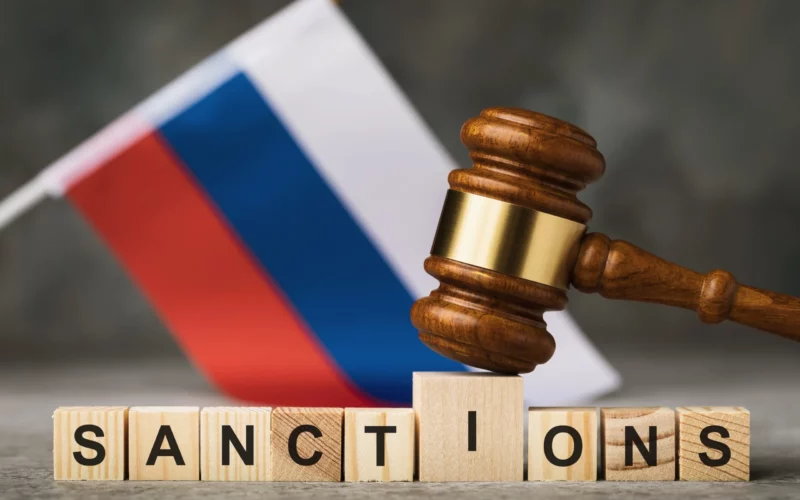The efficacy of American sanctions against Russia come under doubt due to issues of inconsistent realization and Moscow’s ability to circumvent restrictions through alternative supply channels.
On April 12, 2024, the Office of Foreign Assets Control (OFAC) issued a new determination under Executive Order 14068 of March 11, 2022, as amended by Executive Order 14114 of December 22, 2023. This determination prohibits the importation and entry into the United States of aluminum, copper, and nickel originating from the Russian Federation, with exceptions as provided by law or authorized by OFAC. However, this prohibition does not apply to aluminum, copper, and nickel produced in Russia before April 13, 2024.
Simultaneously, OFAC issued another determination under Executive Order 14071, dated April 6, 2022, targeting certain services related to the acquisition of Russian-origin aluminum, copper, or nickel. This determination specifically addresses warranting services for these metals on global metal exchanges and services related to acquiring them as part of physical settlement of derivative contracts. These activities are prohibited from exportation, reexportation, sale, or supply by US persons to individuals in Russia, except as provided by law or authorized by OFAC. This exclusion does not apply to metals produced before April 13, 2024.
OFAC also released new FAQs (1168-1172) to provide clarity on prohibitions and definitions concerning Russian-origin metals, particularly aluminum, copper, and nickel, in response to ongoing Russian aggression. Notably, OFAC clarified that the term “Russian Federation origin” excludes goods that have been incorporated or substantially transformed into foreign-made products.
These measures were coordinated with similar actions taken by the United Kingdom. According to OFAC’s press release, these collective actions aim to restrict metal exchanges, such as the London Metal Exchange (LME) and Chicago Mercantile Exchange (CME), from accepting new Russian-produced aluminum, copper, and nickel. Metal exchanges play a crucial role in global metal trading, and by acting jointly, the US and UK seek to deprive Russia and its metal producers of a significant revenue source.
Despite all hopes, the track record of economic sanctions as a deterrent against Russia. The threat of sanctions failed to dissuade Moscow from pursuing its ambitions, and subsequent implementation has been erratic, with critical technologies still reaching Russian arms manufacturers through third countries.
Using economic sanctions as a tool to counter geopolitical opponents has been a subject of debate. While some argue that sanctions provide a non-military option for governments unwilling to engage in armed conflict, their effectiveness has been called into question. Moral imperatives to defend Ukraine clashed with the reluctance of American government to incur short-term costs, resulting in limited action that may have been too little, too late.
Looking ahead, the effectiveness of other sanctions remains uncertain. Sovereign regimes like Russia may absorb punishment and rally domestic support, while the allure of the Russian market continues to drive material self-interest, leading to the circumvention of sanctions.
As a result, all of these sanctions could prove devastating to the U.S. economy. If the U.S. plans not to pursue scientific development and further discoveries, it will continue to impose new restrictions against Russia.








